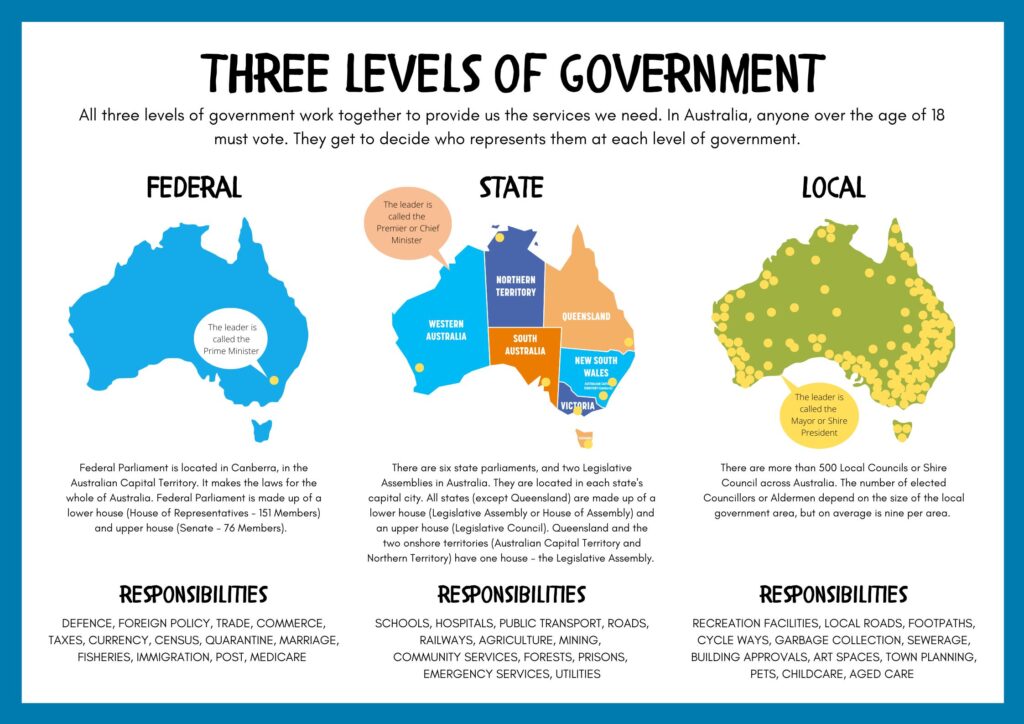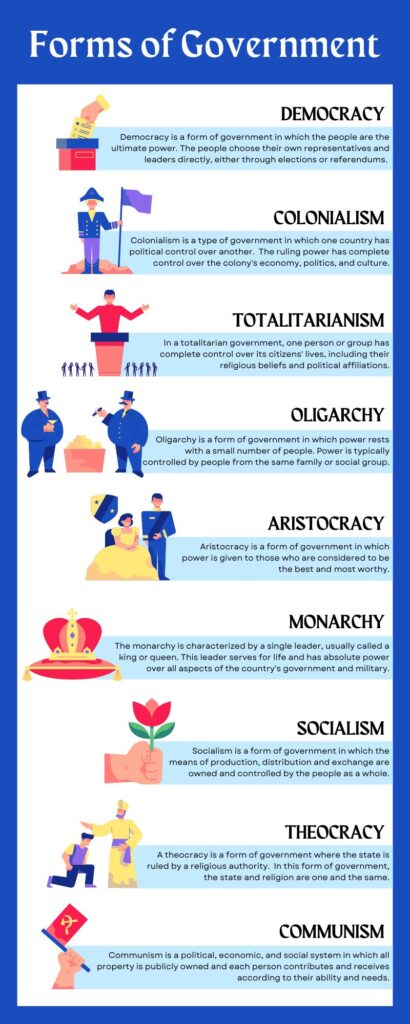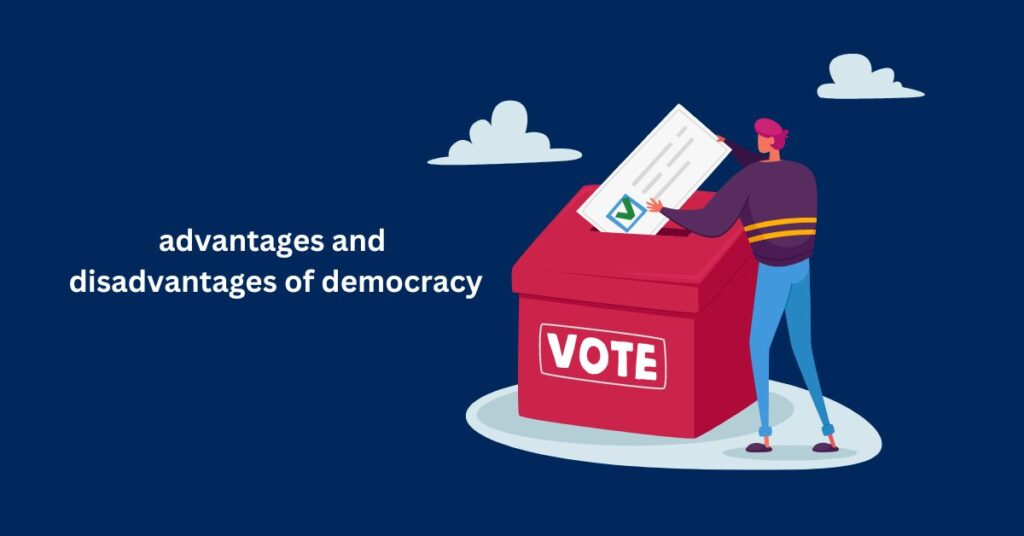Democracy is a government in which power is vested in the people, and their consent is required for the exercise of that power. It is a political system that promotes individual freedoms and rights, as well as ensures that the government is accountable to the people.
This article will explore the advantages of democracy, focusing specifically on direct democracy, representative democracy, and democracy. Democracy is a government that allows citizens to have a say in the decisions made by their leaders.
It is a system that has been adopted by many countries around the world and is based on the principles of equality, freedom, and justice. This article will explore the concept of democracy and its advantages and disadvantages, including the benefits of direct and representative democracy.
What is Democracy?
Democracy is a government where power is vested in the people. It is a system that provides citizens with the opportunity to take part in decision-making processes, either directly or indirectly through their elected representatives.
The concept of democracy is based on the principles of equality, freedom, and justice, where every citizen has an equal voice, and it gave their opinions equal weight.
In a democratic system, there is usually a constitution that defines the rules and regulations of the government and protects citizens’ rights and freedoms.
Types of Democracy
There are two main types of democracy that are direct democracy, and representative democracy. In a direct democracy, people are directly involved in the decision-making. In a representative democracy, citizens elect representatives to decide on their behalf.
Advantages and Disadvantages of Democracy
The public government has many advantages and few disadvantages. Like equality, freedom of speech, justice, and political stability, and disadvantages may be a lack of consensus, a lack of expertise sometimes, time-consuming. Let’s explore the advantages and disadvantages of democracy.
Advantages of Democracy
Denmark, Norway, Finland, North America, Canada, Dominican Republic Jamaica all they are working as democratic countries. Why do they are to believe in democracy? The answer is that they know they can survive in this position. Let’s look at some democracy advantages.

1. Equality
Democracy provides equal opportunities for all citizens to take part in the decision-making process. Every citizen has an equal voice, and their opinions are given equal weight, regardless of their social or economic status.
2. Freedom
Democracy guarantees freedom of speech, religion, and assembly. Citizens are free to express their opinions without fear of retribution from the government.
3. Justice
Democracy ensures that laws are fair and impartial and that everyone is held accountable for their actions. The judiciary is independent and unbiased, ensuring that justice is served.
4. Efficiency
Representative democracy is more efficient than direct democracy since citizens elect representatives to decide on their behalf. This ensures that decisions are made quickly and efficiently.
5. Expertise
Elected representatives have the expertise and experience to make informed decisions on complex issues. They can run the country’s economy in a smooth way.
6. Diversity of Opinions
Democracy encourages diversity of opinions and allows for a healthy debate on important issues. This ensures that decisions are made with a broad range of perspectives in mind.
7. Lack of Consensus
Democracy can also lead to a lack of consensus on important issues, especially if there are deep-seated differences in opinions among citizens.
8. Stability
Democracy provides stability since it transfers peacefully power through elections. This ensures that there is no violent overthrow of the government.
9. Economic Growth
Democracy promotes economic growth since it provides a stable environment for businesses to operate in.

10. More Friendly Relationship
Many countries build relationships with the democratic government. Most countries faced martial law, like Pakistan, Myanmar, Sri Lanka, and more which harms their economy, and political stability. Countries hesitate to build relationships with dictatorship governments.
11. Rule of law
Democratic government is based on the constitution, laws, and regulations written in the constitution. Everybody is bound to follow the laws like freely expressing their opinion, right to vote, right to live life freely, and more.
12. protects the interest of citizens
A democratic government protects the interest of citizens through rules and regulations. A citizen can sue someone who did something wrong to them.
disadvantages of democracy
Sometimes the public government can face some hurdles which might be wrong with the public. Here are some disadvantages of democracy that may be happened.
13. Time-Consuming
Direct democracy can be time-consuming since citizens have to be consulted on every decision. This can lead to delays in decision-making processes.
14. Lack of Expertise
Direct democracy can also be problematic since citizens may not have the expertise to make informed decisions on complex issues.
15. Lack of Accountability
Elected representatives may not always act in the best interests of their constituents. This can lead to a lack of accountability and trust in the government.
16. Limited Participation
Representative democracy limits citizen participation in the decision-making process since they only have a say during elections.
Additional Disadvantages of Democracy
- Inefficient bureaucracy
- Influence of media
- High cost of elections
- Unrealistic promises
- Corruption and special interests
FAQs
Why do we prefer democracy better?
Democracy is preferred because it allows for equal representation and participation in decision-making, promotes individual freedoms and human rights, and helps to prevent abuses of power by those in positions of authority.
Which is the most important form of democracy?
Some common forms of democracy include representative democracy, direct democracy, deliberative democracy, and participatory democracy. But there is no most vital form of democracy.
Conclusion
Democracy is a system of government that has many advantages, including equality, freedom, and justice. Direct and representative democracy both have their advantages and disadvantages, and the best system depends on the context and the needs of the citizens.
Overall, democracy provides a stable and efficient form of government that ensures that citizens’ voices are heard.

